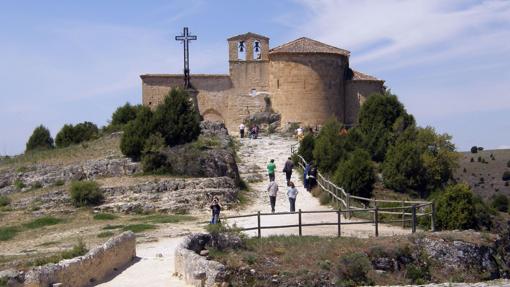
Catholic

Purposeful Silence
Keeping silent is not a spontaneous or natural attitude. It demands a decision and a purpose. To enter into silence, we must want it, and we must know why we want it. If we intend to become men of silence, we must assume responsibility for our quest.
First of all, we have the responsibility to observe silence towards others. “Love for our brothers should show itself firstly in respect for their solitude” (St 4.4) Each and every one of us is entrusted with the exterior and even interior silence of those he associates with. Silence is rarely a purely personal affair. Our role towards our brothers is firstly concerned with exterior silence; whether the places where we are help recollection or induce dissipation depends on a careful attitude on our part that radiates a genuine concern for peace and silence.” The places where they work, like those where they live, should be so arranged as to be conducive to interior recollection… it should be quite apparent that they are a home where God dwells and not mere secular buildings. ” We can make a difference also by the number of words we utter, and first of all the quality of these words, so that these words coming from us contribute to recollection and not to dissipation. “if, by chance, we come to know something of events in the world, we must be careful not to pass it on to others; news of the world should rather be left where it is heard.” (St 6.7)……..
We speak of entering into silence, but what is the silence of the contemplative made up of? Is it like a stone falling in a big gaping hole? It is possible that we may confuse true prayerful silence with this kind of event of the material world. In reality silence is “a tranquil listening of the heart that allows God to enter through all its doors and passages.” (Cf. St 4.2). Silence is a kind of listening : not a feverish waiting for some word that would come and knock on our ear or fill our heart, but a peaceful waiting, in a state of availability for the One who is present and who works in our most intimate selves. This is why it is said that our solitude “is holy ground, a place where, as a man with his friend, the Lord and his servant often speak together; there is the faithful soul frequently united with the Word of God; there is the bride made one with her spouse; there is earth joined to heaven, the divine to the human” (St 4.1). Silence associates the absence of words, on the lips and in the heart, to a living dialogue with the Lord. We do not need to explain this at length. We simply need to turn to Saint Bruno who noted: “only those who have experienced it can know…” And “God has led us into solitude to speak to our heart.” (St 4.11). Here is what silence truly is: to let the Lord utter within us a word which is equal to Himself. It reaches us, we don’t know which way it followed, we cannot discern its traits with any precision, the very Word of God comes and resonates in our heart.
Charterhouse of the Transfiguration
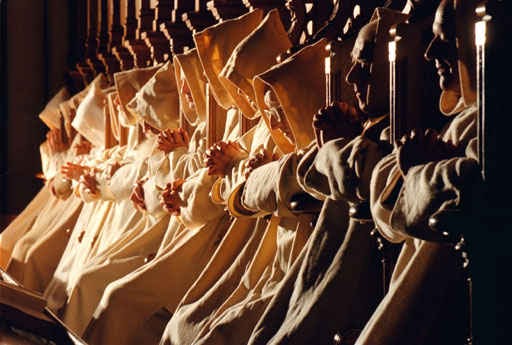

Individual salvation
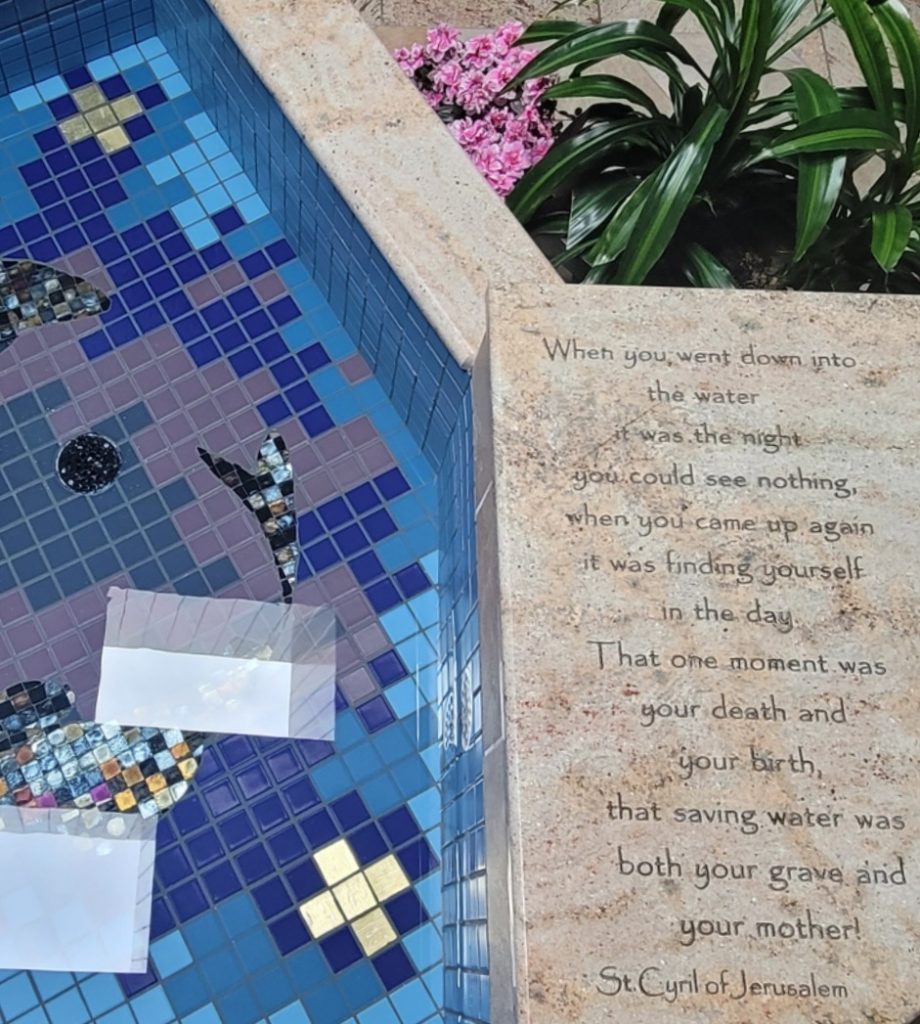

Time past
And these all relate the way in which the Sanctuary dedicated to the Virgin was rebuilt after destruction by fire.
What then occurred was indeed sublime. This was a crusade, if ever there was one. It was here no question of snatching the Holy Sepulchre from the power of the infidels, of meeting armies on the field of battle, and fighting with men; the Lord Himself was to be attacked in His entrenchments, Heaven was besieged, and conquered by love and repentance! And Heaven confessed itself beaten; the angels smiled and yielded; God capitulated, and in the gladness of defeat He threw open the treasury of His grace to be plundered of men.
Then, under the guidance of the Spirit, came a battle in every workshop with brute matter, the struggle of a nation vowing, cost what it might, to save a Virgin, homeless now as on the day when Her Son was born.
The manger of Bethlehem was a mere heap of cinders. Mary would be left to wander, lashed by bitter winds, across the icy plains of La Beauce. Should the same tale be repeated, twelve hundred years later, of pitiless households, inhospitable inns, and crowded rooms?
Madonna was loved then in France—loved as a natural parent, a real mother. On hearing that she was turned adrift by fire, seeking woefully for a home, everyone grieved and wept; and that, not only in the country about Chartres; in the Orleans country, in Normandy, Brittany, the Ile de France, in the far north, whole populations stopped their regular work, left their homes to fly to Her help, the rich giving money and jewels, and helping the poor to drag their barrows and carry corn and oil, wine, wood and lime, everything that could serve to feed labouring men or help in building a church. –The Cathedral by J.K. Huysmans.
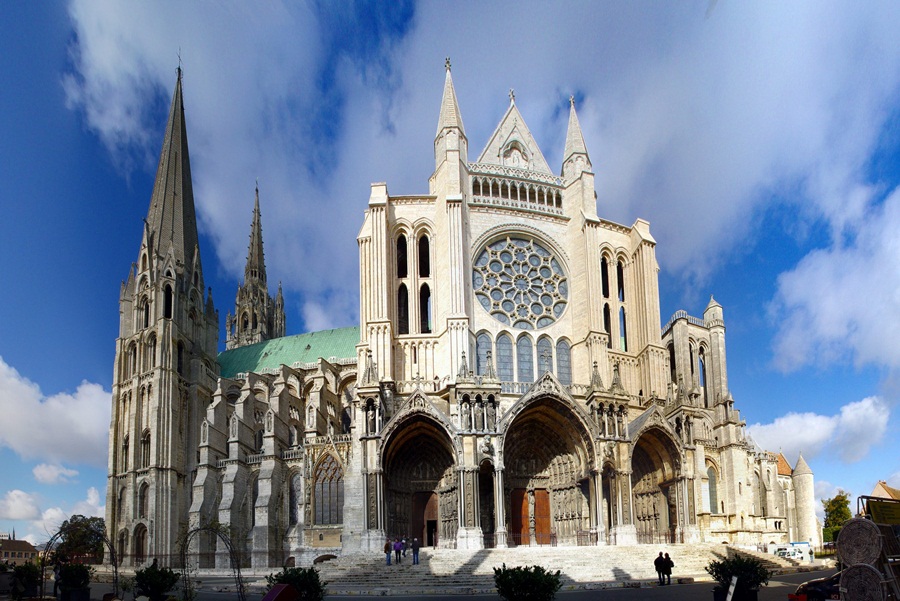

Dire consequences for religious
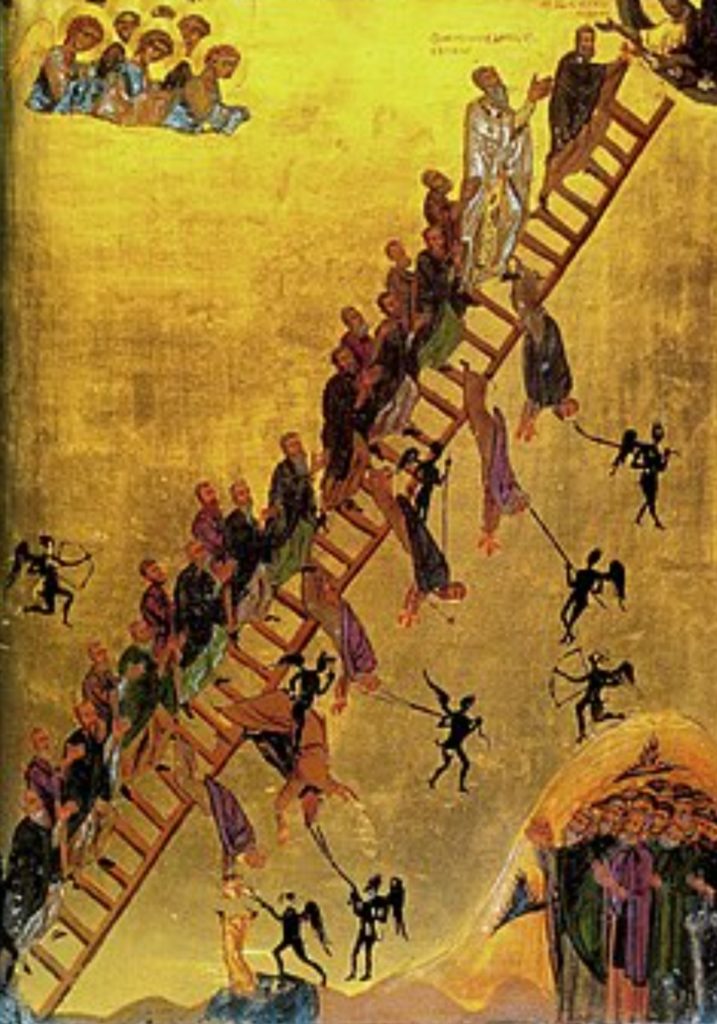

Easter Pilgrimage home
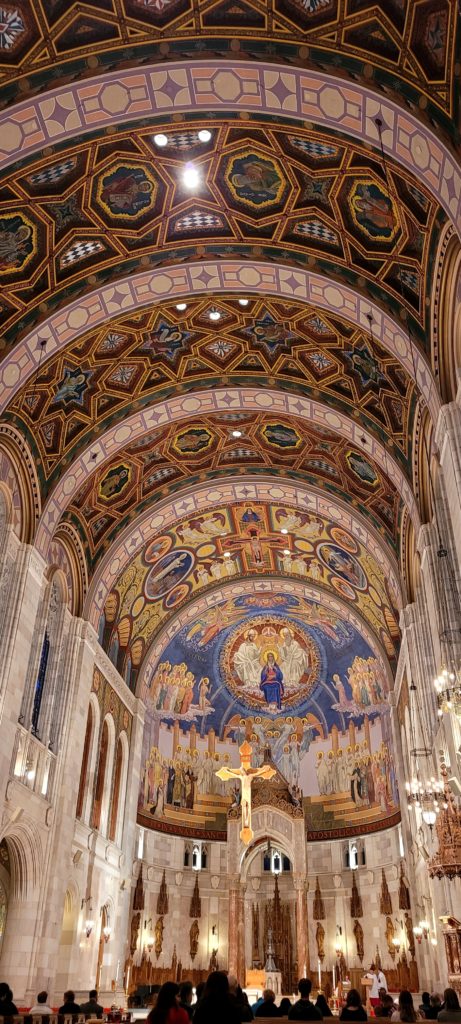
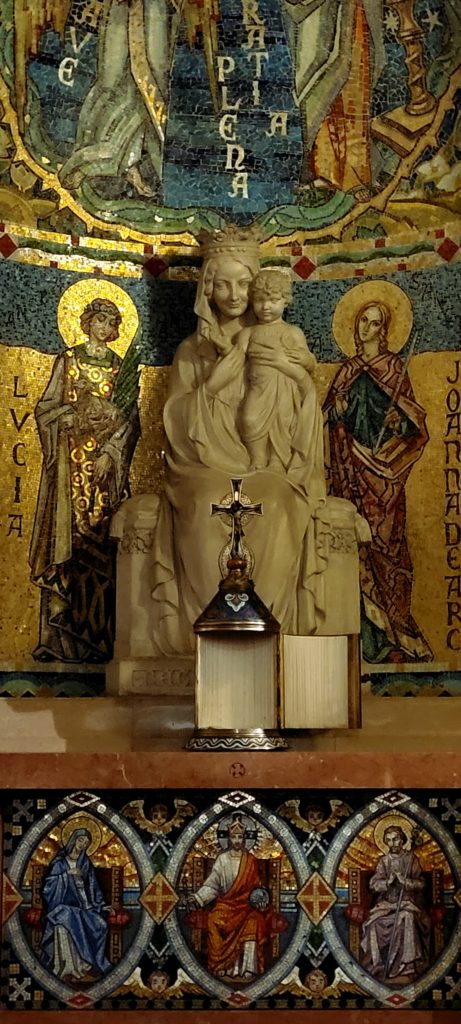

Carmelites of Munster Indiana
“What we need most in order to make progress is to be silent before this great God with our appetite and with our tongue, for the language he best hears is silent love.” –St John of the Cross
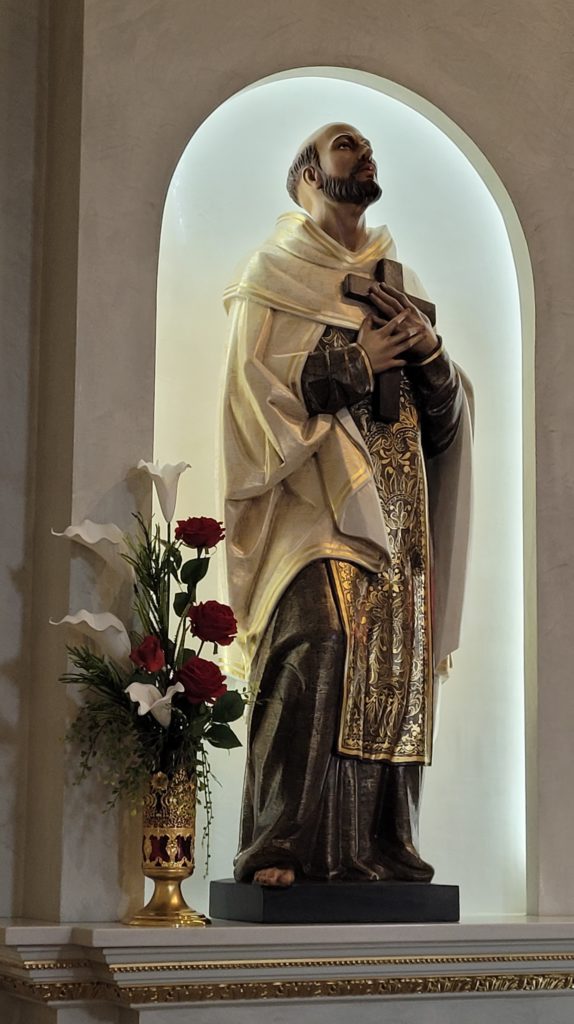


Recent Comments